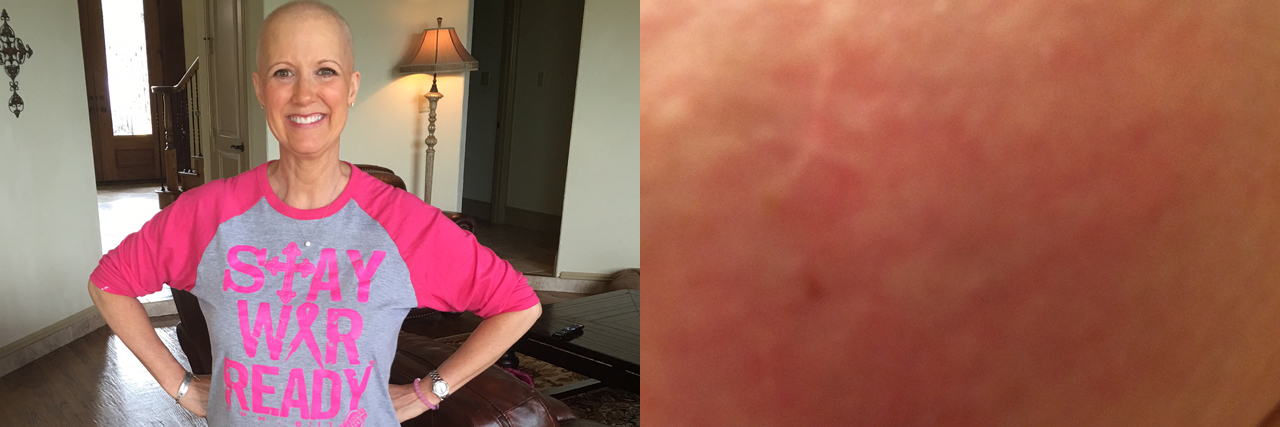When 46-year-old, mother of two, Jennifer Cordts was diagnosed with a rare breast cancer in 2015, she was told she had three to five years to live. That diagnosis changed her entire outlook, and today she’s making it her mission to educate others and raise awareness for the deadly disease.
Cordts’ cancer journey began 11 months prior to her diagnosis, when she first noticed a redness on her breast. During her regular exam, she showed her gynecologist the rash, but he assured her it was nothing to be concerned about. He said if it the redness didn’t go away in three months, to come back.
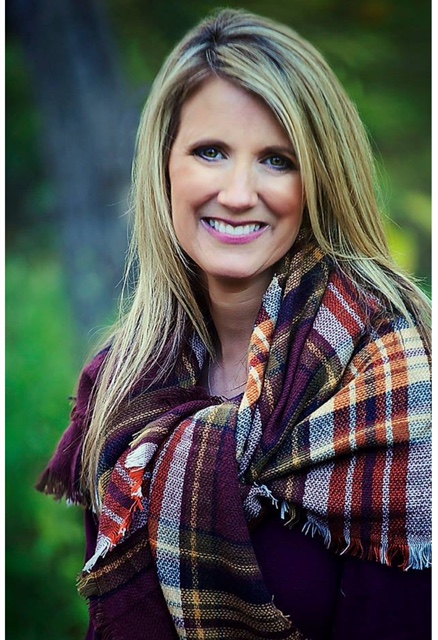
“Three months later, I was in his office with redness accompanied by pain,” the Rockwall, Texas resident told The Mighty. “After stating that cancer ‘does not hurt’ and that the redness might be because ‘my bra was too small, I was sent on my way with a diagnosis of ‘wait and see.’”
Fast forward another month, when Cordts was back in the same doctor’s office. This time her breast was getting harder, the pain was more constant and her nipple was now slightly inverted. Her gynecologist asked her what she was afraid of, and she told him she had Googled “redness on the breast” the night before.
“Through tears I told him I was afraid I had inflammatory breast cancer,” Cordts said. “He convinced me that was not what I had and that he had never seen a case in his office before. He ordered a mammogram to put my mind at ease. The results came back normal.”
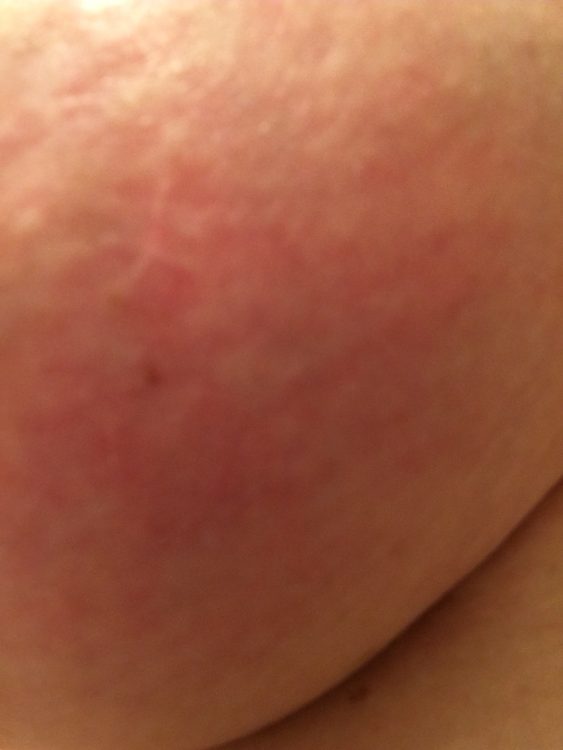
Months passed with the redness and pain only increasing. It had now spread to her back and down her left arm. She called her gynecologist, who sent her to a general practitioner, who sent her to physical therapy for six weeks.
But the pain in her back increased more.
She was then sent to a breast specialist who diagnosed her with mastitis, an infection of the tissue in one or both mammary glands in the breast that typically occurs in women who are breastfeeding.
“Having not nursed for over seven years, I was skeptical that this was mastitis, but I trusted the breast specialist,” Cordts said. “After all, I am not a doctor.”
After ten days of using antibiotics, nothing happened, so she went back to the breast specialist and then to a breast surgeon in Dallas. After a physical examination, mammogram, sonogram, and a biopsy, Cordts was finally diagnosed in November 2015 with stage IV inflammatory breast cancer (IBC), a rare and aggressive disease in which cancer cells block lymph vessels in the skin of the breast.
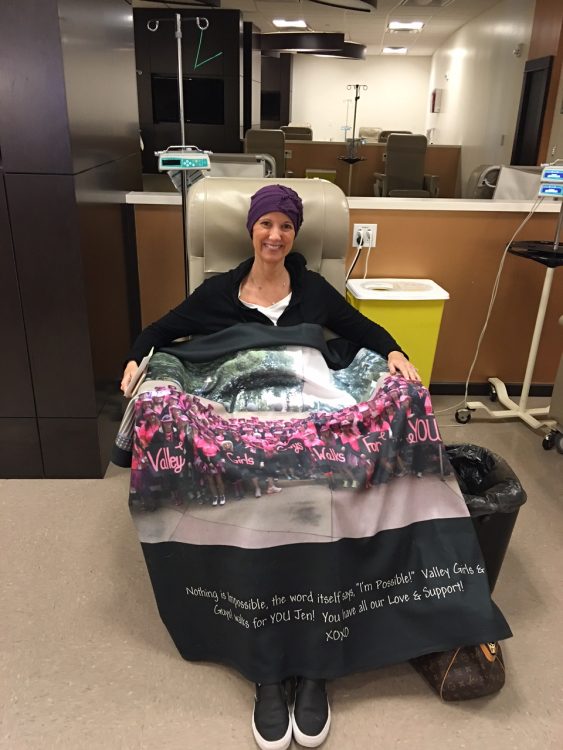
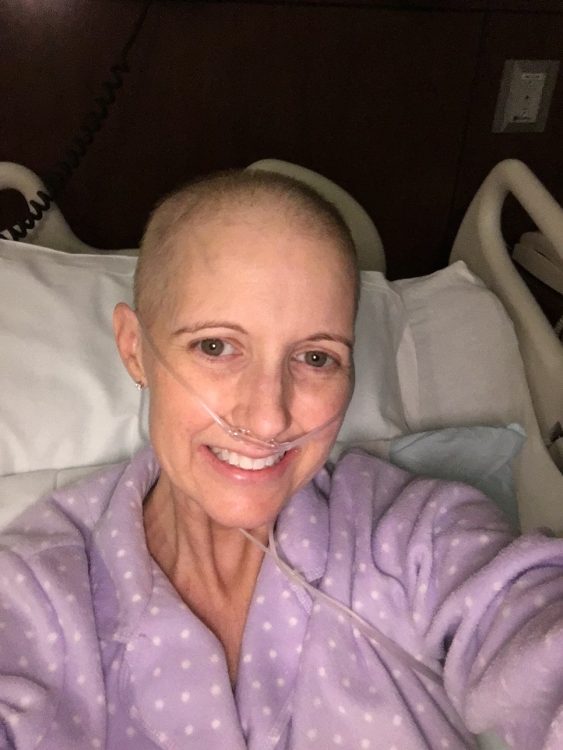
Because IBC progresses rapidly and typically does not present itself as a lump, it can’t be felt during a physical exam or seen on a mammogram.
Cordt’s aggressive cancer had metastasized to her spine, causing “horrendous” back pain, and her liver. It is inoperable and incurable, and she was told she had three to five years to live. She currently undergoes radiation therapy and gets a PET scan every three months to see if the cancer has spread.
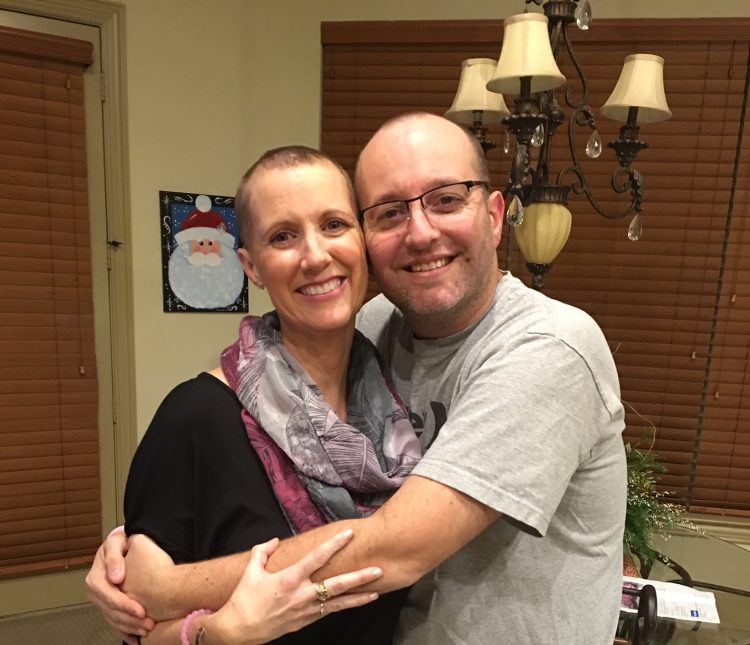
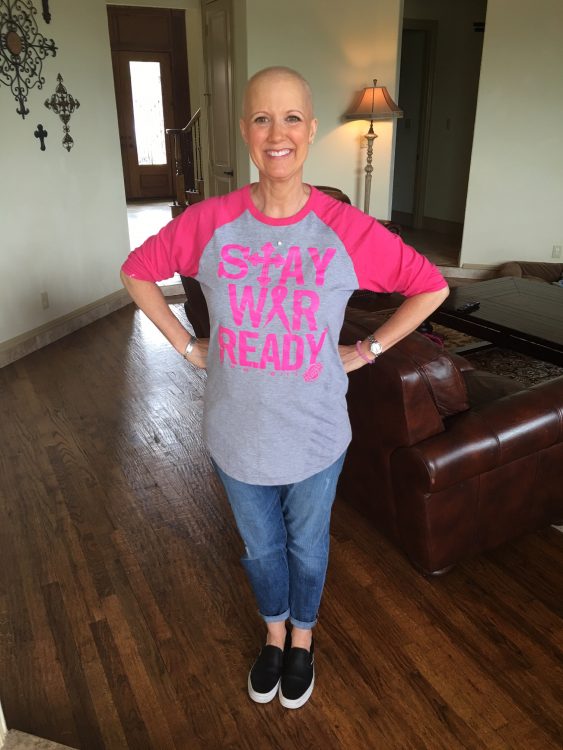
Today, Cordts says she is at peace with her diagnosis because she knows she is surrounded by the love of her family, which includes her husband, 19-year-old daughter Tatiana and 8-year-old daughter Daisy Mae. When she’s not skiing, snowboarding or traveling with them, she’s making sure she’s helping the next person who may also be diagnosed with IBC.
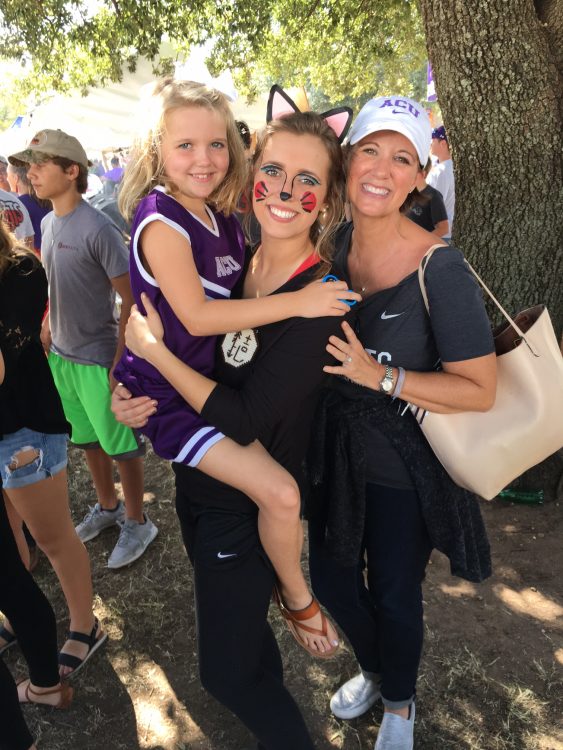
“I want to share my story with others in an effort to create some awareness and education about IBC,” she said. “I want people to talk about it. I want people to ask questions. Most importantly, I want people to push their doctors when their gut tells them that something isn’t right in their bodies.”
For Cordts, it was hard to put her story out into the world because at many times she felt vulnerable and embarrassed. But when other people started contacting her, saying they had similar fears and symptoms, she knew she did the right thing.
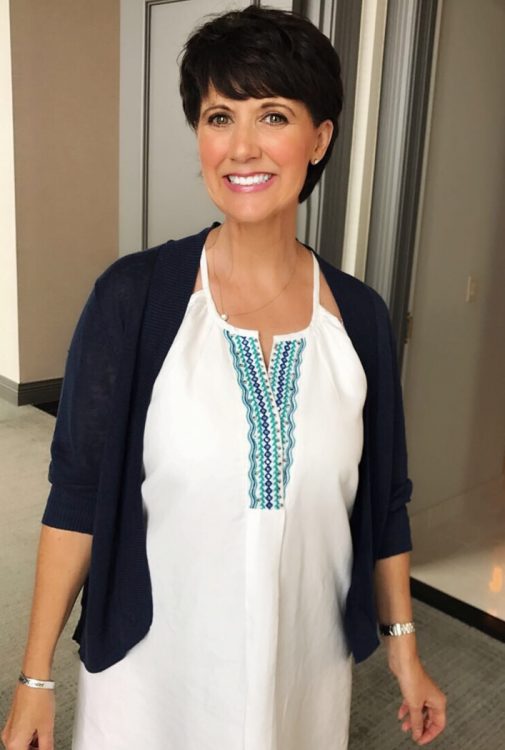
“Push past the mammogram and demand further testing until you know, beyond a shadow of a doubt, what is wrong,” she added.
We want to hear your story. Become a Mighty contributor here.
All photos courtesy of Jennifer Cordts

